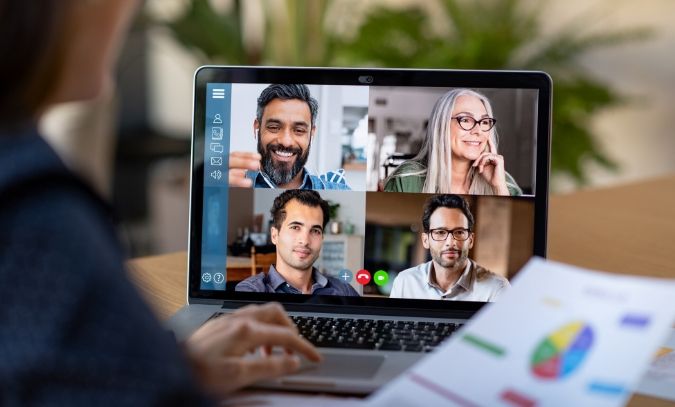Flipped Learning on Active Citizenship, Participation, and DemocracyProject-based learning on sustainable development goals (SDG), local micro-actions of youth activism.
Erasmus+ course summary
Students might perceive active citizenship as a topic in the future too far from their reality. The role of the teacher is to show them how the hierarchy of power in decision-making based on age and social status can harm the needs of various groups of people. Students often undermine the possibility of an impact on decision-makers, the local environment, and actors in the economy. By adopting the flipped classroom approach teachers walk the talk of active citizenship. They engage students in micro-actions, which are just enough to inspire them for critical thinking and pursue initiatives for a better future. "One child, one teacher, one pen, and one book can change the world." - Malala Yousafzai
Session dates
Split, CR11 - 16 August 2025
Open for registration.
|
FeaturesRelated |
Create a learning journey BACK to the future.
Active citizenship is about combining knowledge, attitude and active engagement.
Course Content
PROGRAMME DAY-BY-DAY
Training usually takes place between 9:00 am and 14:00 pm, followed by after-class activities, that are optional. DAY 1 We start off with an introductory meeting, an explanation of practical arrangements and a presentation of the participants and timetable. The participants are encouraged to express their expectations, needs and wishes regarding the content of the programme and learning methods. * From narrow to critical pedagogy and action-oriented forms of active citizenship education. Introduction to global education and sustainable development goals in the areas people, planet, prosperity, peace, and partnership. Glocalization: a case of flipped student assignments on glocalization as a combination of prosperity, planet and partnership. DAY 2 Global education: resources, flipped activities. Introduction to social innovation and design thinking for project-based flipped learning in active citizenship. Selection of a social innovation challenge for design thinking experience. DAY 3 Fieldwork in one of the local schools. DAY 4 Capitalization on the fieldwork: brainstorming and prototyping solutions. Flipped learning tools for developing students’ competencies of imagining a better future, systemic thinking, critical thinking and reflection, participation in decision-making, and working in partnerships - video resources, worksheets and student assignments. Fostering youth participation: the ladder of youth participation, cooperation with the local environment, action planning. DAY 5 Flipped learning activities on intercultural citizenship education: attitudes, knowledge, and skills necessary to function appropriately in different multicultural contexts. Flipped learning activities on digital citizenship: learning to live as a citizen in today’s highly digitised society. Planning future cooperation and joint actions among the participants. DAY 6 Evaluation and farewell. Documentation and certificates of attendance. * Some changes in the programme are possible - the content of the course is always adapted to the participants previous knowledge, expectations and requirements. The participants receive the Informational Booklet a few weeks prior to the start of the course. |
INTERNATIONAL ERASMUS+ LEARNING WITH PRIMERA
Become a member of Primera's international learning community.
Your network is a family you choose. |





